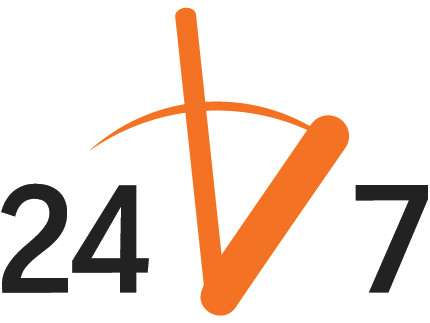Proposed Citizens United 'Fix' Strips Rights From Newspapers, TV Stations and Advocacy Groups

Catering to the ongoing insistence by the usual suspects that the Citizens United decision spells DOOM for American democracy, Senators Jon Tester (D-Montana) and Chris Murphy (D-Connecticut) proposed a constitutional amendment that would take away nasty corporations' ability to gum up the political process. "Montanans expect real people and their ideas — not corporations and their money — to decide our elections," Tester chirps in a press release. But, as written, the amendment does just a wee bit more. To be specific, it would literally define legally incorporated entities as un-persons, with a host of troublesome results.
From First Amendment expert Eugene Volokh's Volokh Conspiracy:
The proposed amendment would authorize Congress, states, and local governments to, for instance, (1) restrict what most newspapers publish, (2) restrict what most advocacy groups, such as the ACLU, the Sierra Club, and the NRA, say, (3) restrict what is said and done by most churches, and (4) seize the property of corporations without just compensation. (It might also allow restrictions on the speech of unions, depending on whether they are seen as "corporate entities.")
Nearly all major newspapers and magazines are owned by corporations; the same is true of book publishers, movie studios, record labels, and broadcasters. Indeed, if you want such entities to be able to raise money for their operations through the stock market, you have to have them be organized as corporations. Likewise, most nonprofit organizations are organized as corporations — that, too, makes sense, since it makes sense to have the ACLU run as a corporate entity rather than as a sole proprietorship owned by one person, or a partnership owned by a few people. Churches are likewise often organized as corporations, sometimes with a special sort of corporate status.
Under the proposed amendment, all these groups — as well as ordinary businesses — would lose all their constitutional rights. Instead of "strict scrutiny" for content-based regulations of the press or of nonprofit advocacy groups, Congress and state and local governments would be free to impose any restrictions they "deem reasonable."
The problematic verbiage reads in part:
Section 2. The words people, person, or citizen as used in this Constitution do not include corporations, limited liability companies or other corporate entities established by the laws of any State, the United States, or any foreign state, and such corporate entities are subject to such regulation as the people, through their elected State and Federal representatives, deem reasonable and are otherwise consistent with the powers of Congress and the States under this Constitution.
The point of this definition is that the U.S. Constitution protects the rights of "people," "persons" and "citizens," so narrowly defining those terms restricts the protections. Un-persons, indeed.
Whether this rather wide-ranging removal of protection for rights from any entity that might muster the resources to, say, effectively heckle senators is a bug or a deliberate feature of the proposed amendment is left to the reader to decide.
Follow this story and more at Reason 24/7.
Spice up your blog or Website with Reason 24/7 news and Reason articles. You can get the widgets here. If you have a story that would be of interest to Reason's readers please let us know by emailing the 24/7 crew at 24_7@reason.com, or tweet us stories at @reason247.


Show Comments (227)